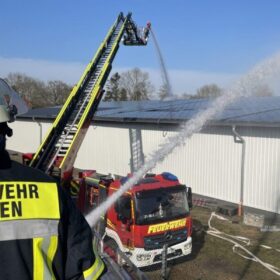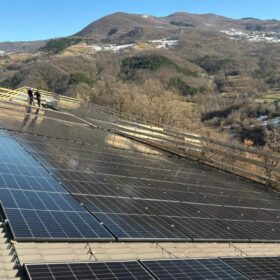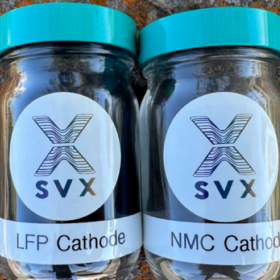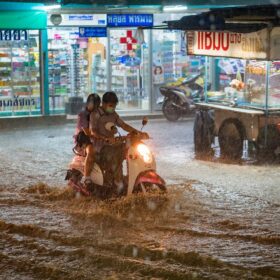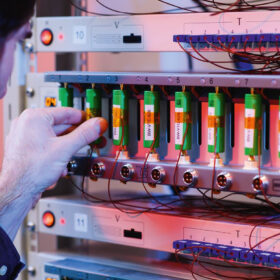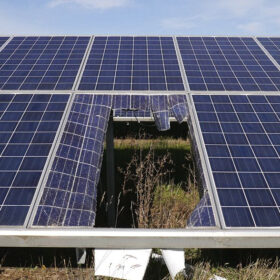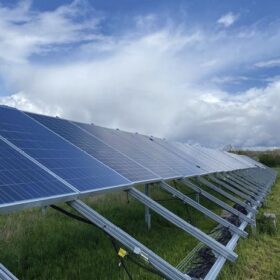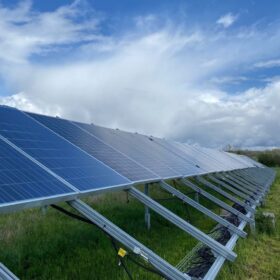Germany hit by two PV system fires
A photovoltaic system on the roof of a warehouse caught fire in the northern German town of Norden, triggering a large-scale operation by the volunteer fire department that lasted for hours and involved the use of two water cannons on Monday. On the same day, in Erftstadt, near Cologne, a garage in the area of a PV system caught fire, according to the local fire department.
Community managers key to wider adoption of energy communities
New research from France suggests that energy communities could benefit from dedicated community managers to address operational complexities. Researchers says that this role could offer contracts or assurances to ease concerns among risk-averse members.
New process to synthesize cathode materials for lithium-ion batteries
U.S. startup Sylvatex offers mixed metal oxide cathode active materials made with a waterless, continuous synthesis process. The company is currently validating its technology in the domestic lithium ion battery supply chain and plans to build a pilot line in California.
How drone EL mapping can help solar insurance claims
As the world becomes increasingly roiled by extreme weather, drone-based electroluminescence (EL) mapping can be a key weapon in the arsenal of solar investors.
Weekend Read: Insuring against battery bother
It is extremely unlikely that a battery storage system will smoke, burn, or explode, despite a spate of recent reports. But what happens if something does go wrong? Do insurance companies pay out? Do premiums go up? How do insurers assess the issue?
Weekend Read: A 10 GW time bomb
It is estimated that 10 GW of solar modules in Germany suffer from prematurely aging backsheets, with sites of all sizes affected. pv magazine Germany’s Cornelia Lichner looks at how to detect and repair such defects.
Known unknowns
Historic meteorological data is typically used to assess solar farm yield and secure project finance, but with climate change beginning to affect every aspect of society, past weather data may no longer be a reliable guide. Everoze Partner Nastasia Pacaut looks at how PV projects can be future-proofed in a changing climate.
Fraunhofer ISE opens new outdoor solar technology test field in Germany
The new test field includes laboratory and field measurements, allowing PV modules to be evaluated faster and more accurately by combining and comparing indoor laboratory measurement results with those from the test field. The new location complements existing Fraunhofer ISE testing sites on Gran Canaria and in the Negev desert in Israel.
Avoiding PV buyer’s remorse
New entrants to solar equipment procurement may be surprised to encounter constantly amended contract terms, index-linked price rises, and near-worthless defect warranties, but they reflect recent supply chain troubles. Clean Energy Associates’ Martin Deak offers a buyers guide.
Tesla misses own expectations for Solar Roof deployments
Three years ago, Tesla said it expected to install 1,000 solar rooftop arrays per week, which would have amounted to 156,000 Solar Roofs in that time period. However, Wood Mackenzie reports that just 3,000 have been installed to date.
